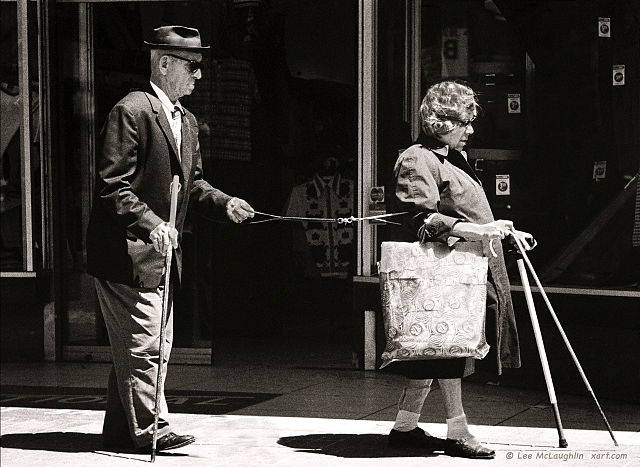How is it that two very different things can be said to be equal? We understand that a dollar bill is equal in value to four quarters, that water in frozen crystals is equal to water in liquid droplets, and that an F-sharp is the same note whether played on stringed instrument or a woodwind. While almost no two things are exactly the same in substance, there are many things that are perfectly equal in essence. Value, therefore, shouldn’t be ascribed by comparison to another thing but in accord to its essence. Diversity doesn’t necessitate hierarchy.
Man and woman are two very different creations and yet the Apostle Paul asserts in the New Testament that they are one in Christ Jesus (Galatians 3:28). The Bible affirms the equality of all human beings regardless of gender, race, nationality, or socio-economic status. The Bible also affirms the diversity present in God’s creation. God Himself is one in essence and yet there are profound differences in the roles of the Father, Son, and Holy Ghost. Men and women are equal in essence and yet their roles too are very different.

For the last fifty years or so, the question of what role, if any, women should have in the leadership ministry of the church has been a source of a lot of discussion and division. Most recently, John MacArthur (a prominent evangelical pastor in California) re-fired the debate when he admonished Beth Moore and other women preachers to give up their ministries and “go home”. A video of MacArthur’s comments went viral on the internet and created brush fires on social media and in the blogosphere. That being the case, I thought it would be a good time for us to talk about this issue and see if we can’t benefit some from the exercise. I’m not confident that we’ll be able to resolve something that has kept Christians of good conscience apart for decades now, but I’m confident we can learn from the Bible and one another. As a basis for our discussion, I’ve chosen a thoughtful and scholarly piece by Robert Hart. While it may be in the deep end of the pool and you won’t be able to keep your head above water without doing some swimming, you can always just hang on to the side! Give it a shot and then come prepared to share in the conversation Sunday morning at 8:30, upstairs in the Family Life Center. Coffee and a home-baked treat will greet you at the door! Hope to see you there!






